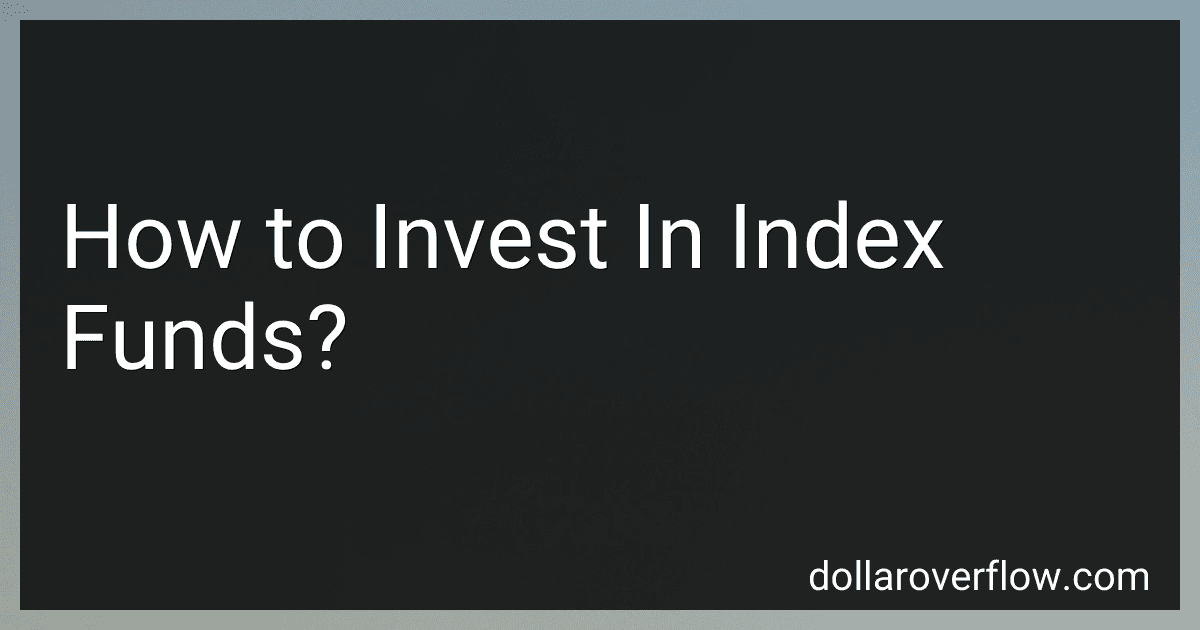Investing in index funds is a great way for beginner investors to easily diversify their portfolios. Index funds track a particular market index, such as the S&P 500, and aim to replicate its performance. To invest in index funds, you will need to open a brokerage account with a reputable financial institution. Next, research different index funds available and choose one that aligns with your investment goals and risk tolerance. Consider factors such as fees, historical performance, and the fund's holdings. Once you have selected an index fund, you can invest in it by purchasing shares through your brokerage account. It is important to regularly monitor your investments and adjust your portfolio as needed to ensure your financial goals are met.
What is the average cost of investing in index funds over time?
The average cost of investing in index funds over time can vary depending on the specific funds chosen and the fees associated with them. However, on average, index fund expense ratios typically range from 0.05% to 0.25% per year. This means that for every $10,000 invested in an index fund with a 0.10% expense ratio, you would pay $10 per year in fees. Over time, these fees can add up and impact the overall return on your investment. It is important to consider these costs when choosing which index funds to invest in.
What is the expense ratio of index funds?
The expense ratio of index funds can vary depending on the specific fund and the investment company that manages it. However, index funds typically have lower expense ratios compared to actively managed mutual funds, as index funds aim to simply track the performance of a specific index rather than actively selecting and managing individual investments. In general, expense ratios for index funds can range from as low as 0.05% to 1% or more. It is important for investors to compare expense ratios of different index funds to ensure they are getting the best value for their investment.
How to understand the historical performance of index funds?
One way to understand the historical performance of index funds is to look at their past returns over different time periods, such as one year, three years, five years, and ten years. This will give you an idea of how the fund has performed in various market conditions and whether it has consistently outperformed its benchmark index.
You can also compare the fund's performance to similar index funds or actively managed funds in the same asset class to see how it stacks up against its peers.
Additionally, you can look at the fund's volatility and risk-adjusted returns, such as its Sharpe ratio or standard deviation, to get a sense of the fund's risk profile and how it compares to other investments.
It's important to remember that past performance is not indicative of future results, so it's also a good idea to consider other factors such as the fund's expense ratio, tracking error, and overall investment strategy when evaluating its historical performance. Consulting with a financial advisor or investment professional can also help provide additional insights and perspective on the fund's historical performance.
What is the impact of economic indicators on index fund performance?
Economic indicators can have a significant impact on the performance of index funds. These indicators provide valuable information about the overall health of the economy, which can in turn influence the performance of different sectors and industries that make up the index fund.
For example, if economic indicators such as GDP growth rates, unemployment rates, or inflation levels are positive, this may indicate a healthy economy that could lead to increased profits for companies and higher stock prices. In this case, index funds that track the overall market may see a rise in value.
Conversely, if economic indicators suggest a weakening economy, such as declining consumer spending or slowing job growth, this could negatively impact the performance of index funds as stock prices may decline.
It is important for investors to pay attention to economic indicators and understand how they can impact the performance of index funds in order to make informed investment decisions. Additionally, diversifying across different sectors and asset classes can help mitigate the impact of economic fluctuations on index fund performance.
